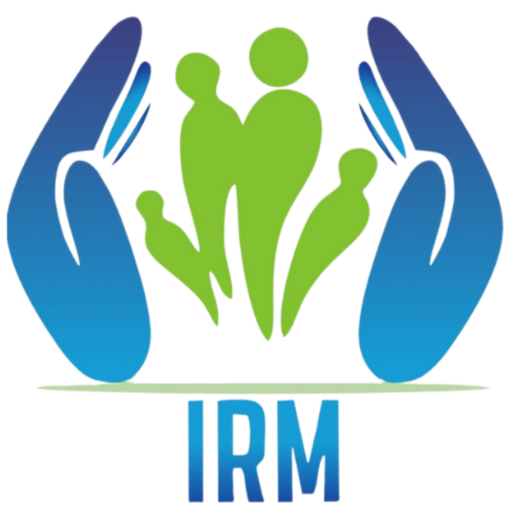
The path to Demystifying Medical Diploma Courses and becoming a doctor is often shrouded in mystique and admiration. However, behind the white coat and stethoscope lies a journey filled with choices, challenges, and secrets doctors don’t always divulge. One crucial aspect of this journey is the pursuit of medical diploma courses, which play a pivotal role in a physician’s career development. In this blog, we aim to uncover the hidden truths about these courses, shedding light on what doctors might not openly discuss so aspiring medical professionals can navigate this complex terrain with clarity and confidence.
The Mystery Surrounding Medical Courses
So, you’re contemplating a medical career? Bravo! But let’s be honest—how much do you really know about what you’re signing up for? A demystifying medical diploma courses isn’t a casual stroll in the park. It’s more like a marathon in hilly terrain.
The Purpose of the Article
This article aims to break down the mystique around medical diploma courses. What doctors won’t tell you could fill an entire library, but we’re here to give you the condensed version.
Why Demystifying Medical Diploma Courses?

In-Demand Career
Doctors are essential, period. The demand for healthcare professionals is only going up. So, job security?
Specialization
Demystifying medical diploma courses allow you to specialize in a specific field. Whether it’s pediatrics or general surgery, you’ll be an expert in your domain.
The Anatomy of a Medical Diploma Course
Course Duration
Typically, a demystifying medical diploma courses takes around 2-3 years to complete. But remember, time flies, especially when you’re swamped with work.
Course Content
The syllabus isn’t just about medical terms and surgeries. It covers various subjects, like ethics, pharmacology, and even soft skills.
Skills You’ll Acquire
Don’t think it’s just book learning; you’ll also acquire practical skills like patient interaction and diagnostics.
What Doctors Don’t Tell You: The Realities
Time Commitment
Doctors are often too busy to even sleep. The time commitment is immense, and not everyone can handle it.
Financial Aspects
Let’s not kid ourselves—medical education isn’t cheap. But hey, think of it as an investment for a prosperous future.
Emotional and Physical Stress
Being a doctor isn’t just physically draining; it can be emotionally exhausting too. Ready to shoulder that burden?
Essential Skills Beyond the Syllabus
Emotional Intelligence
Would you trust a doctor who’s robotic and shows zero empathy? Didn’t think so. Emotional intelligence is crucial.
Communication
Clear communication is not just about talking; it’s about listening too. Remember, you’re treating humans, not just illnesses.
Ethics and Professionalism
A misstep here can cost lives. Medical ethics and professionalism are as important as your technical skills.
The Perks Doctors Don’t Discuss
Earning Potential
One word: lucrative. Once you get past the initial years, the earning potential is substantial.
Career Growth
You’re not stuck at one level; you can always specialize further or take up managerial roles.
Diverse Opportunities
Hospital settings, private practices, or even healthcare consultancy—the world is your oyster.
Secrets to Surviving Medical School
Building Resilience
Resilience isn’t just a buzzword; it’s a necessary trait to get through medical school.
Effective Learning Strategies
Think smart, not hard. Effective learning strategies can make or break your demystifying medical diploma courses journey.
Networking
Know your professors, classmates, and alumni. Networking can open up opportunities you didn’t even know existed.
Online vs. Traditional Medical Diploma Courses
Flexibility
Online courses offer flexibility, but can they replace the hands-on experience?
Credibility
Before you jump onto the online bandwagon, check if the course is accredited.
Peer Interaction
Don’t underestimate the power of peer interaction and networking in a traditional setting.
Practice Healthcare Skills: Why Our Diploma in Kinesiology and Diploma in Physiotherapy Are Your Next Big Step – Discover More at IRMSC.edu.pk
Accreditation and Recognition
Importance
Accreditation ensures that your hard-earned demystifying medical diploma courses actually holds value in the real world.
Where to Check
Various bodies like the AMA and WHO provide lists of accredited medical schools.
Conclusion:
Demystifying Medical Diploma Courses reveals that a medical career through diploma courses offers job security and specialization but demands substantial time, finances, and emotional resilience. It requires skills beyond the syllabus, including empathy and ethics. The perks include lucrative earning potential, career growth, and diverse opportunities. Choosing between online and traditional courses requires consideration of flexibility, credibility, and networking importance
Frequently Asked Questions (FAQ’s)
How long does a medical diploma course typically take?
Usually, 2-3 years.
Is emotional intelligence really that important in medicine?
Absolutely, it’s crucial for patient care.
Are online medical diploma courses credible?
It depends on the accreditation.
What’s the earning potential for someone with a medical diploma?
Highly lucrative, especially with specialization.
Can I balance work and study during a medical diploma course?
It’s challenging but not impossible, especially if you’re exceptionally good at time management



